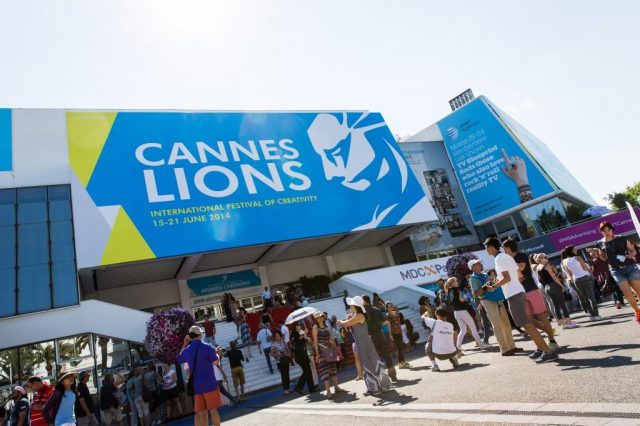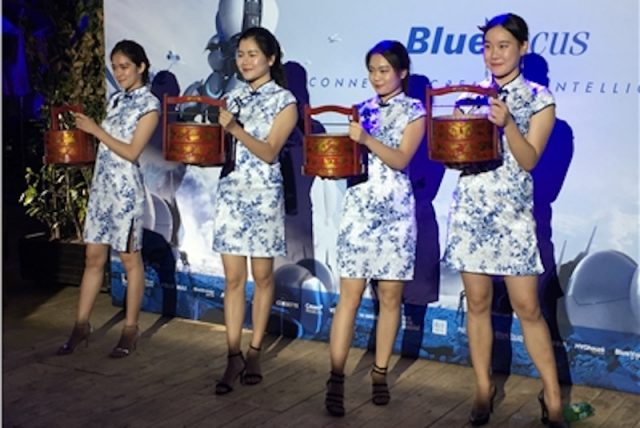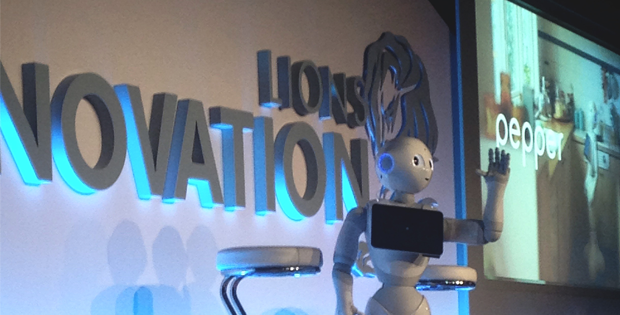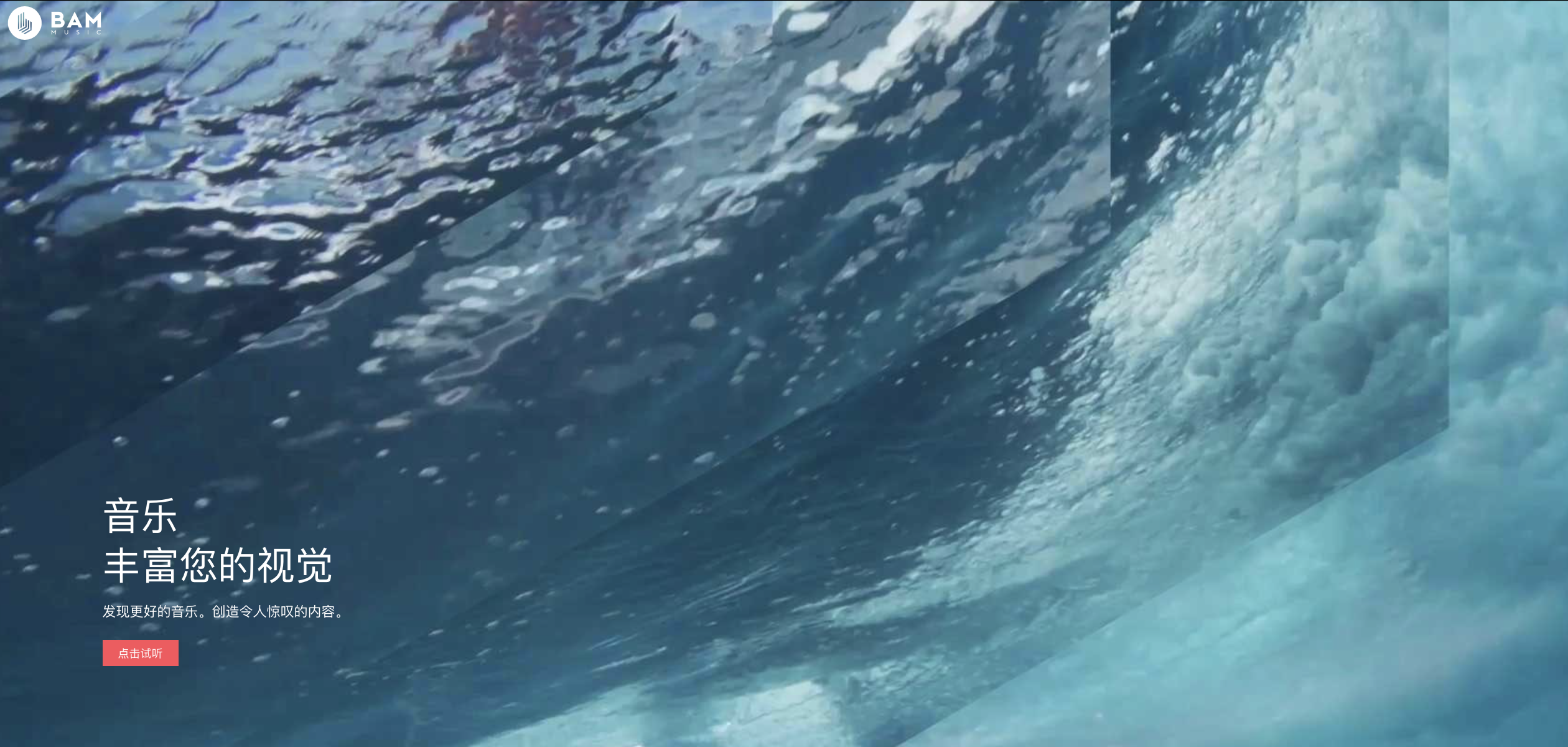
沙滩上的小屋子一个个都拆掉了,戛纳国际创意节也走向了尾声。那么,在这个全球最显赫的广告节上,中国的表现如何呢?从赞助和曝光角度老看,中国在戛纳创意节是很成功的。但是就参赛代表、参与度,以及获奖方面,却是差强人意。
As the beach cabanas are disassembled and the firework shows flicker to an end at Cannes Lions, how did China fair in the world’s most prestigious advertising event this year? From the perspective of sponsorship and visibility China had a successful Cannes. In terms of Chinese delegates, participation, and awards, however, the numbers did not reflect the tremendous size of China’s advertising market.
相比之下,今年中国演讲者人数众多,有整个一天都是中国问题相关的演讲,其中就包括知名钢琴演奏家郎朗和腾讯广告与全球品牌主席刘胜义。然而,中国创意产业还是很缺乏多样性,这一点从今年中国的获奖情况就可以体现出来,所有奖项均是网络、数字、创意数据、移动类别,还有一个是出版印刷类别,但是,却没有一部作品斩获备受人尊重的电影相关类别奖项,而这却是整个创意节的压轴大戏。
With the reintroduction of China Day there was a surge of Chinese speakers, ranging from world-renowned pianist Lang Lang to the Chairman of Tencent’s Group Marketing and Global Branding. The depth of China’s creative industry is not so diverse, however. This was epitomized in the awards China’ received this year, all of which were in the categories of cyber, digital craft, creative data, or mobile and one in print and publishing. Notably none in the highly esteemed categories related to film and film craft presented at the festival’s final award show.
虽然较去年稍有进步(9个获奖数量),但是今年中国也只是斩获了13个奖项(一金八银四铜),而参赛作品递交则高达1105个。这些数字具体是什么概念呢?中国的获奖数量跟意大利和葡萄牙差不多,而这两个国家相比中国都算得上是小国家,而且递交的作品远远不及中国那么多。
China’s 13 total Lions this year (one gold, eight silver, and four bronze) was also only a slight increase from last years 9 Lions, despite the high number of 1,105 submissions. To give a perspective on these numbers, the amount of Lions China was awarded matches countries a fraction of its size such as Italy and Portugal, who have far less submissions to begin with.
各国获奖数量 | Lion count by country comparison
澳大利亚 Australia 113
巴西 Brazil 99
中国 China 13
法国 France 88
香港 Hong Kong 6
印度 India 42
日本 Japan 38
英国 UK 131
美国 USA 429
For full list of Lions by country click here.

China Day party hosted by Blue Focus on the Croisette
中国日上Blue Focus组织的派对出席人数之少也是出乎意料之外的,但是活动方却表示预约人数实际上是满的,实际出席人数显然令人大失所望。同样,原本预测中国参与人数很高的那些人也是很失望。中国广告业的发展也只有25年的足迹,虽然参赛代表数量不多,但是中国在其他领域的表现却异常优秀,比如,戛纳的创意部分由阿里巴巴冠名。
The China Day party hosted by Blue Focus, a Chinese creative agency with global offices and large presence at the festival, was also surprisingly poorly attended. Despite the gatekeepers of the party insisting the party was full based on official RSVP numbers, actual attendance numbers clearly did not match expectations. In some way this is a comparable lesson for those anticipating a greater China presence this year. There is a lot of chatter and promise around China but China has not yet arrived to the party. China’ s advertising industry is still only around 25 years old. So while awards and delegate numbers may still be low, in other areas China’s progress is astounding, such as Alibaba being the title sponsor for Cannes innovation part of the festival.
中国参赛数量之低,也可能跟戛纳创意节本身相关,戛纳如要适应广告新格局,变得更多样化。此外,今年也有人提出是否活动可以到其他城市举办,这样的话,是否还会称之为戛纳创意节也成了人们的疑问。对此,戛纳总监Jose Papa表示他也在“非常认真”考虑多样化这一问题。所以,像是2014年设立的关于男女平等话题的活动See It Be It,以及去年设立的Glass Lion活动,不应该被人们所耻笑,相反,戛纳要着力解决西方存在的偏见问题。

Alibaba was the title sponsor for Lions Innovation
A larger question looming around China’s presence may be tied to Cannes need itself to adapt to a changing advertising landscape. This is not just related to China’s participation but rather touches on the topic of a diversity starved Cannes. The question was raised this year if Cannes should actually move from Cannes, France to another location, which raises the immediate question would it even be called Cannes anymore? Jose Papa the director of Cannes Lions says diversity is something he takes “very seriously” and certainly initiatives for gender equality such as See It Be It launched in 2014 and the Glass Lion launched last year are nothing to scoff at, but more should be done to address the implicit western-bias at the festival.
中国是全球第二大广告市场,这一次中国的广告爱好者也从戛纳创意节收获颇丰。但是,创意产业可不像高铁或者摩天大楼,中国转瞬就能造起来,它需要耐心,也需要时间。这一次中国的获奖情况也值得全球广告行业深深思索,如何能够体现出每一种文化、每一个种族、以及不同的性别。
China enthusiasts may have envisioned more at Cannes this year from a country whose advertising market is the second largest in the world. Creativity, however, is not something that can be erected overnight the way China’s high-speed rails or skyscrapers appear to be constructed in magical time. The creative industry in China requires a little more patience and time to bloom. China’s mixed success at Cannes is also an impetus for all of the ad world to reflect on how it can make Cannes more diverse for every culture, race, and gender.




 BAM Music Library Brings Edgy, Indie Sounds to Chinese Creatives
BAM Music Library Brings Edgy, Indie Sounds to Chinese Creatives
